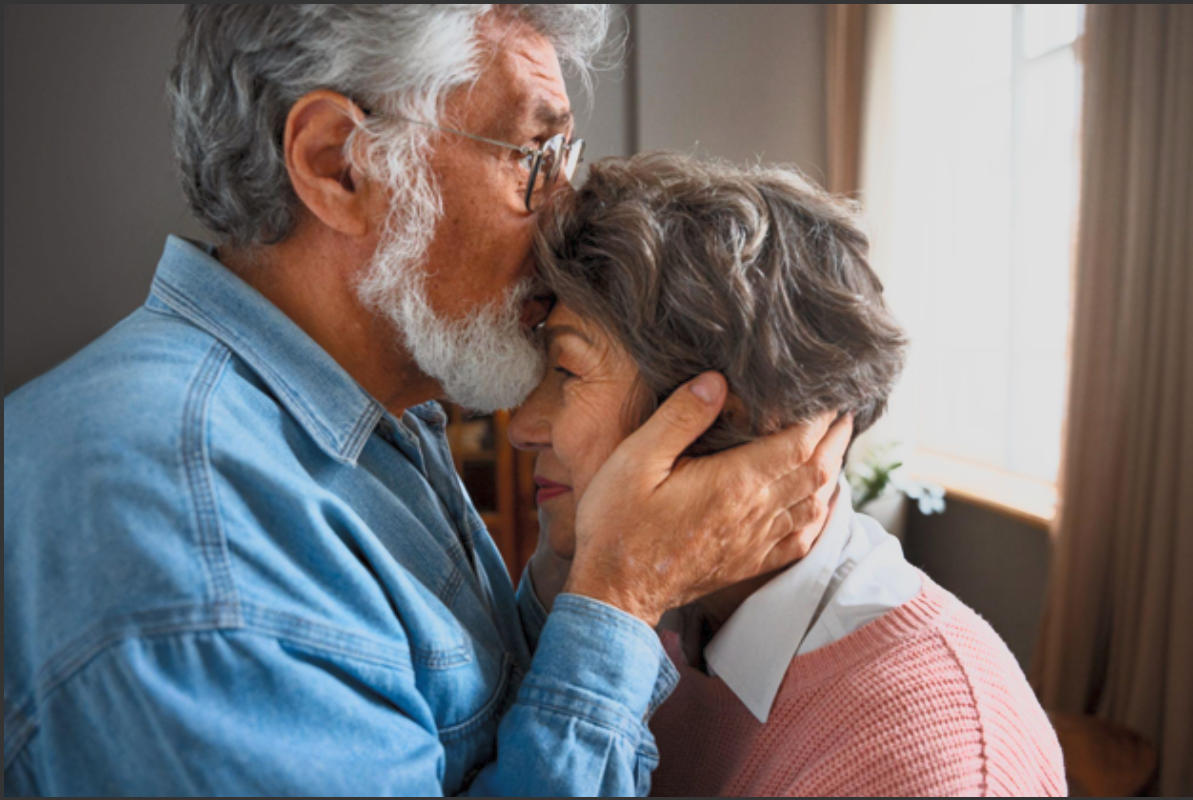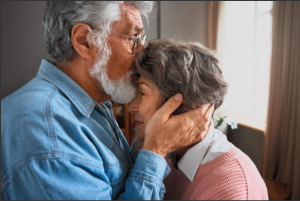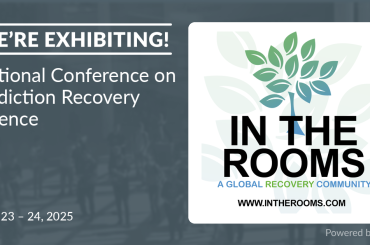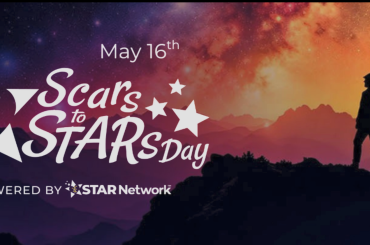Protecting Seniors from Neglect, Exploitation, and Addiction
By Dr. Jamie Huysman, Founder of STAR Network
June is Elder Abuse Awareness Month, with June 15th marking World Elder Abuse Awareness Day (WEAAD)—a critical time to raise our voices against the mistreatment of older adults and commit to protecting some of society’s most vulnerable individuals.
The Hidden Crisis of Elder Abuse
Elder abuse is a widespread but often overlooked crisis. The National Center on Elder Abuse estimates that over five million older Americans experience mistreatment each year. Even more alarming, only 1 in 24 cases is ever reported.
Elder abuse can take many forms, including:
- Physical abuse – Hitting, pushing, restraining, or inflicting bodily harm.
- Emotional abuse – Verbal threats, humiliation, intimidation, or isolation.
- Financial exploitation – Scams, fraud, or theft, often by trusted individuals.
- Neglect – Withholding basic needs such as food, medication, or hygiene.
- Abandonment – Deserting an elderly person who relies on care.
- Substance abuse-related harm – Addiction plays a role in both victimization and perpetration of elder abuse. Seniors face increased risks from caregivers struggling with addiction, or they may develop dependencies themselves due to unmanaged pain, trauma, or isolation.
Too often, seniors suffer in silence, afraid to speak out due to shame, fear, or dependence on their abuser.
A Society That Turns Its Back on Its Elders
We live in a culture that glorifies youth while neglecting the dignity, wisdom, and experiences of older adults. Many seniors are treated as invisible or burdensome within their families, care facilities, and society at large.
Addiction and financial exploitation further deepen the crisis. Caregivers struggling with substance abuse may neglect or harm those they are supposed to protect, while financial predators target vulnerable seniors, stripping them of their independence and security.
What Can You Do?
- Pay attention – Unexplained injuries, sudden withdrawal, or financial troubles could be signs of abuse. Don’t ignore them.
- Listen to seniors – Many older adults feel unheard and powerless. Simply listening can empower them to seek help.
- Report suspected abuse – Call Adult Protective Services (APS) or the National Elder Fraud Hotline (833-372-8311) if you suspect mistreatment.
- Raise awareness – Talk about elder abuse, share resources, and advocate for stronger protections.
- Support addiction recovery efforts – If substance abuse is affecting caregivers or seniors, encourage access to treatment and community support.
STAR Network & TAR Anon: Free Support for Those Impacted by Abuse
At STAR Network, we are committed to breaking the cycle of abuse and supporting those affected by toxic relationships, including elders and caregivers. Our TAR Anon support groups provide free, accessible meetings for those struggling with toxic, abusive dynamics—whether in families, caregiving roles, or personal relationships.
If you or someone you love is experiencing abuse, neglect, or addiction-related harm, you are not alone. Join TAR Anon’s free support meetings weekly to connect with a community that understands.








